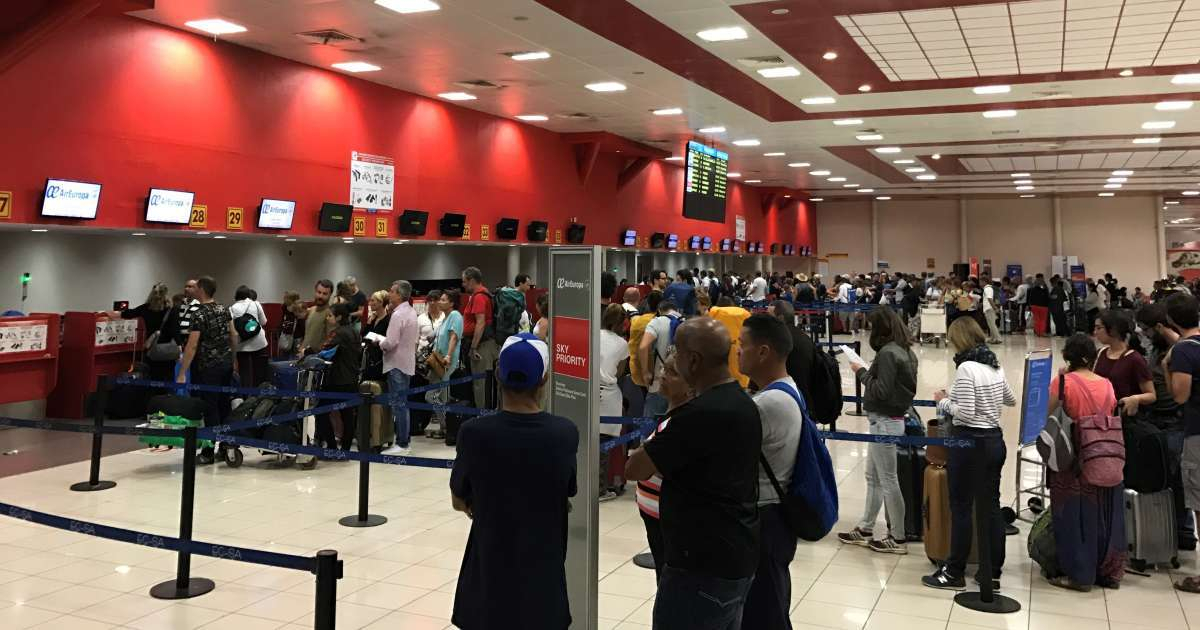The Cuban government has defended its restriction on travel for political activists and dissidents, citing reasons of national security or public interest.
First Colonel Mario Méndez Mayedo, head of the Directorate of Identification, Immigration, and Foreign Affairs at the Ministry of the Interior (MININT), spoke to the Associated Press about the upcoming Migration, Foreign Affairs, and Citizenship laws to be approved in the next session of the National Assembly.
According to Méndez, under the new laws, the government will continue to hold the authority to impose conditions on both leaving and entering the country. These restrictions will apply to “exceptional cases” such as “national security” or “public interest.”
“This issue (of regulated citizens) cannot be taken out of context. Cuba faces a constant state of aggression,” Méndez stated, referring to sanctions imposed by the United States.
“In practice, it is discretionary, not widespread, but we must weigh the political cost of preventing a Cuban from leaving against the actions they might take against Cuba,” he added.
The Cuban government uses the term “regulated” to describe individuals who are prohibited from traveling abroad, a practice enshrined in the current immigration law and set to continue under the new legislation. This measure is considered unconstitutional and arbitrary, as authorities often do not provide reasons for the restriction, applying it to any citizen, even those without pending legal issues.
Writers, independent journalists, activists, or anyone deemed “inconvenient” by the regime can arrive at the airport with a ticket and all travel arrangements in place, only to discover they are “regulated” and cannot leave.
Understanding Cuba’s Travel Restrictions
This section aims to clarify common questions about Cuba’s travel bans and the implications of the new laws.
What justifies the Cuban government’s travel bans?
The Cuban government claims that travel bans are imposed for reasons of national security or public interest, especially in cases involving political activists and dissidents.
Who is affected by these travel restrictions?
Writers, independent journalists, activists, and anyone considered “inconvenient” by the regime may be subject to these travel restrictions.
Are the travel bans constitutional?
Many view these travel bans as unconstitutional and arbitrary, as the authorities often do not explain the reasons behind the restrictions.

